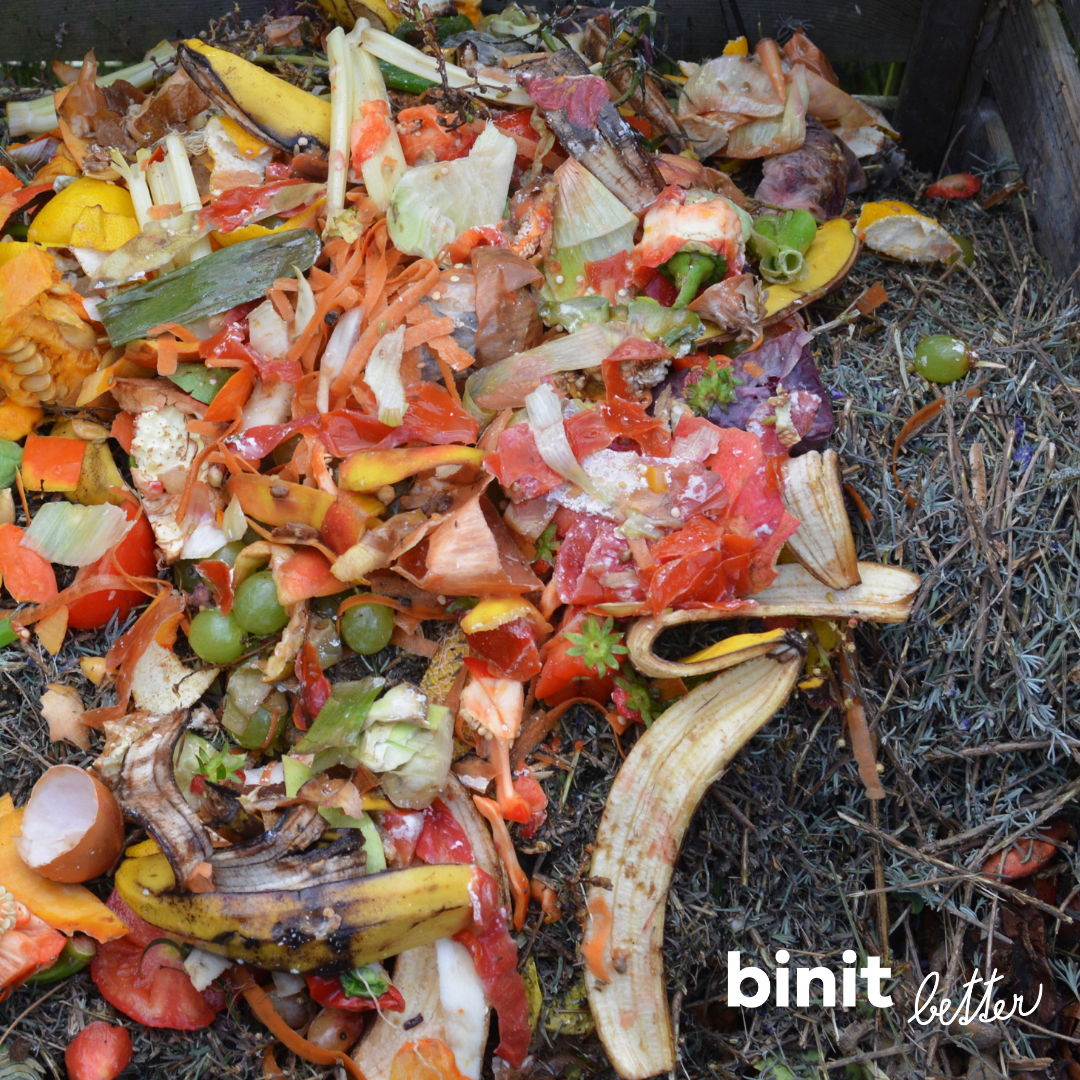
It is hard to think of anything less popular right now than a styrofoam cup. A plastic straw perhaps? We think compostable cups are the solution…but think again.
It’s taken us a while to realise, but every part of the natural world is contaminated with discarded single-use plastics and the chemicals that once made them. Used once, but with us for lifetimes. Our awakening to the damage they are doing has made single-use plastics, once epitomised as the ultimate in convenience, a shameful pariah.
Nowhere has the kickback against single-use plastics been felt more than around the food and drink industry. How do we retain the convenience that made us fall in love with single-use plastics in the first place, whilst removing the downsides?
Perhaps we are asking ourselves the wrong question. But I won’t stray into that can of worms here!
From edible water containers and food sachets made out of seaweed, to compostable cups and plates made from corn and vegetables, the race has begun to find alternatives that mean we can stick to old behaviour; use and throw away, business as usual.
compostables. the solution?
A new wave of single-use ‘compostable’ products have hit the market. For those making their living in the food industry, particularly those offering takeaway food and drinks, these products offer an environmentally friendly alternative. One that gives the consumer what they want — a guilt-free sandwich, a coffee without the lasting legacy.
Across Exeter, we have watched as our customers have swapped to these alternatives, kitting out office kitchens, serving up takeaways in boxes made of corn starch. All at a cost to them and all out of a desire to do their bit to minimise their footprint.
These ‘compostables’ end up in food waste bins, because they are compostable, right? That means they biodegrade, doesn’t it?
If only it were that simple.
The Problem
On the whole, these products do not break down in a home composter. They don’t even break down in a landfill. They need high temperatures and specific conditions in order to degrade. Conditions that are only found in an industrial composting plant (which produces a high-grade compost from food waste) or an Anaerobic Digestor (which produces energy).
Whilst these processes have the benefit of creating a valuable product from the waste going into them, there is no guarantee that the compostables put in with food waste will even enter the plant! Councils around the UK are reporting that compostables are being taken out of food waste streams before they are digested because it is not possible to tell the difference between compostable and plastic products at the front end of the process. It is all pulled out as contamination. Instead, many households and businesses are being told to throw out compostables with general waste.
This arguably renders compostables, marketed as a practical solution for food-contaminated disposable packaging that would otherwise be incinerated or landfilled, redundant. Even though they are plant-based, so don’t leach nasty chemicals, they still create bulk that needs to be disposed of, with no value in their ‘waste’ whatsoever.
Added to this, uncertainty amongst businesses and households around what to do with these items means we risk them getting into every waste stream, from dry mixed recycling to food and garden waste, to residual waste and contaminating them.
alternatives
It’s not impossible for operators of AD plants to bolt on an additional process to digest compostables alone. Binit is working with the University of Exeter to investigate just this as part of a circular economy project in the South West. Compostables should afterall, be part of the regenerative, restorative economy. But will it be worth the investment?
So, before taking the decision to switch to compostables, it’s definitely worth considering some alternatives as well:
1. Washable, reusable crockery and cutlery
2. Stainless steel straws
3. Reusable coffee pods for your machine
4. Home compostable alternatives
5. Encouraging staff and customers to bring in their own containers
Have any questions? Or committed to compostables and want to figure out a way to dispose of them, please do get in touch or email home@binituk.com

